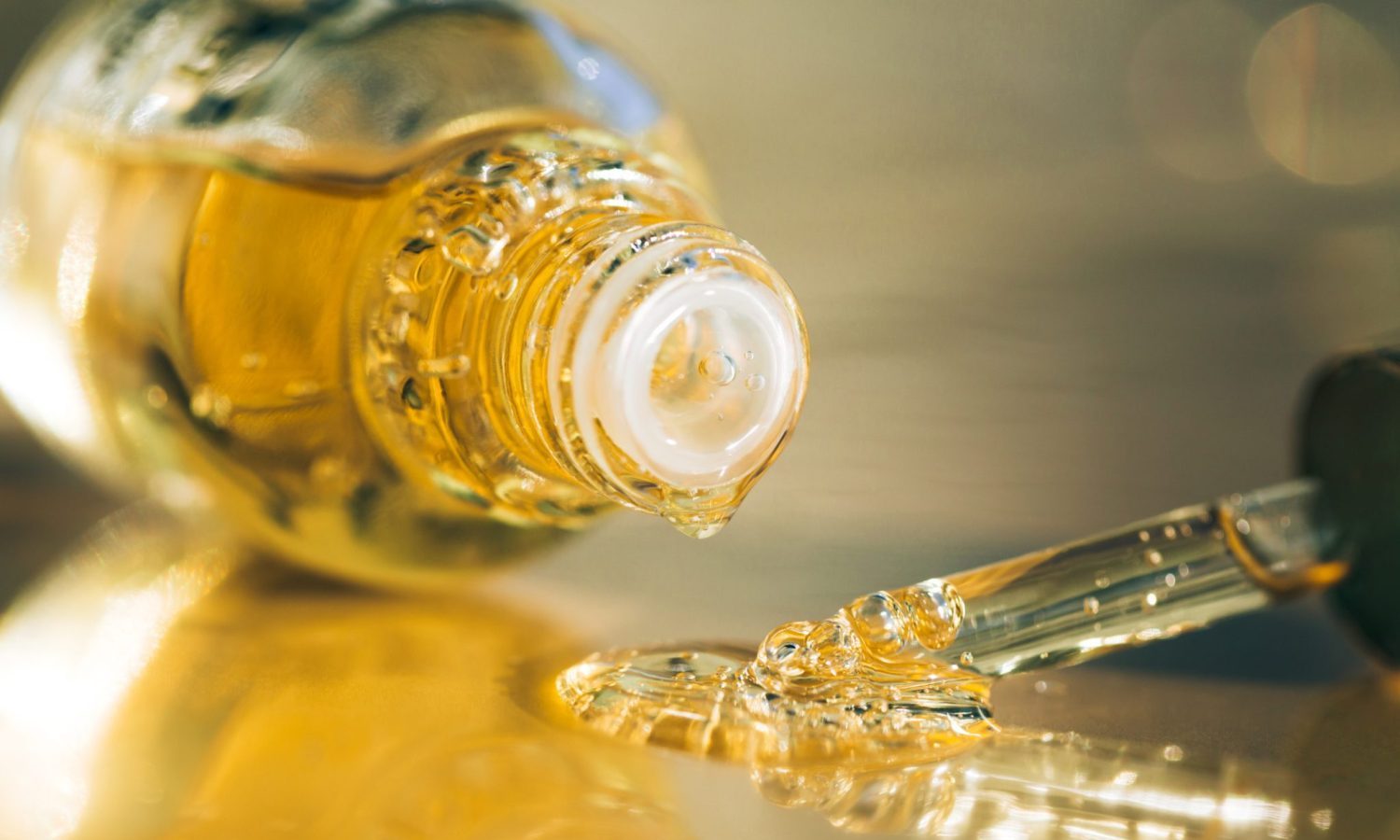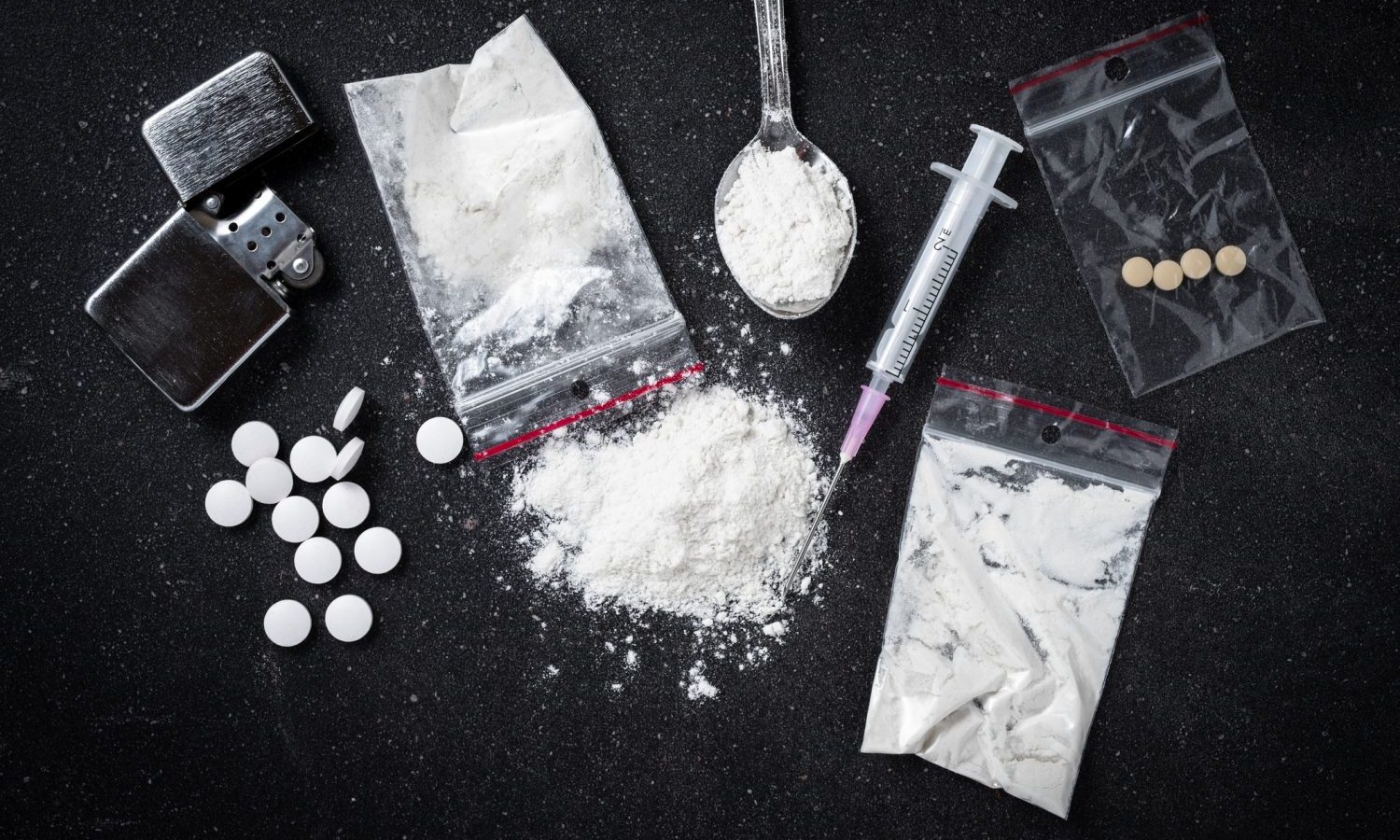
According to Bill Clinton, CBD is showing promise as an alternative to opioids for pain management
Through
Former President Bill Clinton said on Tuesday that the results of a clinical study on the efficacy and safety of CBD as a treatment for post-operative pain are “very encouraging”. Clinton follows the research through the Clinton Foundation.
“The Clinton Foundation has worked for years to reduce opioid addiction and deaths,” Clinton said. “To be successful, we need non-addictive alternatives to pain management. The results of NYU Langone’s study of TRP’s CBD ingredient are very encouraging and I look forward to the next round of results.”
Photo: Center for American Progress Action Fund/Flickr
RELATED: Cannabis, controversy and confusion: Bill Clinton is back
A manufacturer of botanical derivatives, TR Processing LLC, confirmed Tuesday that it was a CBD supplier for the NYU Langone Health and Baptist Health/Jacksonville Orthopedic Institute Phase 1/2 clinical trial.
Clinical study highlights
The clinical study focused on examining CBD safety and its effect on postoperative pain, patient satisfaction and opioid use, as well as postarthroscopic rotator cuff repair surgery.
The study had 99 participants between the ages of 18 and 75 who were divided into two groups – one received “buccally absorbed CBD” and the other control group received placebo treatment. One day after surgery, patients receiving CBD showed an average of 23% less pain compared to the placebo group and 22% to 25% greater satisfaction with pain control. No important side effects have been reported.
“We are committed to supporting the research and responsible commercialization of isolated cannabinoids, including CBD,” said Chris Kanaley, Chief Strategy Officer at TRP. “Tackling opioid abuse and addiction through the development of safer pain management alternatives is the first of many potential applications of our unique processing platform, and we are excited about the future. Our work has enormous potential to become precision medicine at its finest.”
Kevin Kaplan, MD, FAAOS, orthopedic surgeon and chief team physician for the Jacksonville Jaguars, led the study for Baptist Health/Jacksonville Orthopedic Institute and helped direct the research. Kaplan said he is excited to be working with TRP.
“We conducted an extensive search for a manufacturer that could provide consistent, high-quality raw materials while recognizing the rigorous standards to which the FDA and the pharmaceutical industry operate,” said Kaplan. “That’s what we found at TRP and thank them for their support.”
 Photo by Anna Efetova/Getty Images
Photo by Anna Efetova/Getty Images
Clinton & Marijuana
About 30 years ago, then-Governor of Arkansas Clinton publicly admitted that he had tried weed in his 20s when he was at Oxford University.
“I’ve never broken a state law,” he said at a candidate forum, Time reported. “But when I was in England I experimented with marijuana once or twice and I didn’t like it. I didn’t inhale it and never tried again.”
Additionally, in 2000, just before leaving office, he told Rolling Stone that small amounts of cannabis should be decriminalized, as it is in some places.
What is the stance of the current US Presidential Administration? There are new signals in this direction, especially now that so many states have already legalized cannabis, either for medicinal or recreational purposes or both, and every year more and more Americans seem to be supporting legalization. Additionally, the country is desperate for ways to deal with a major drug overdose crisis.
The opioid crisis is real
According to data from the Centers for Disease Control and Prevention, more than 100,000 Americans died from drug overdoses in the past year alone, and about 1 million have died from drug overdoses in the past 20 years. The alarming crisis is also affecting the US economy, estimated at around $1 trillion a year.
Last October, the Biden administration signaled that it was considering adopting once-taboo strategies to contain the opioid crisis. Xavier Becerra, Secretary of Health and Human Services (HHS), unveiled the Biden administration’s strategy to fight the epidemic, which could include allowing controlled consumption sites.
 Photo by LeszekCzerwonka/Getty Images
Photo by LeszekCzerwonka/Getty Images
RELATED: White House drug czar signals possibility of safer places of use to address drug overdose crisis
This June, the government confirmed that it will consider safe locations of use and the decriminalization of cannabis to address the public health emergency.
The Biden administration will prioritize “harm reduction” in response to substance abuse while it reviews information on marijuana legalization and safe injection sites, White House drug czar Dr. Rahul Gupta, last month.
“For the first time in history, the federal government is committing to a specific harm reduction policy,” Gupta told the Financial Times.
Regarding the legalization of marijuana, Gupta noted that the White House position should be based on science by analyzing the experiences of the 19 states in the US that have already legalized adult use.
“We learn from these conditions. We’re monitoring the data and trying to see where things are going,” Gupta said. “But one thing is very clear, and the President was clear on that. The policies we had on marijuana didn’t work.”
This article originally appeared on Benzinga and has been republished with permission.

Post a comment: